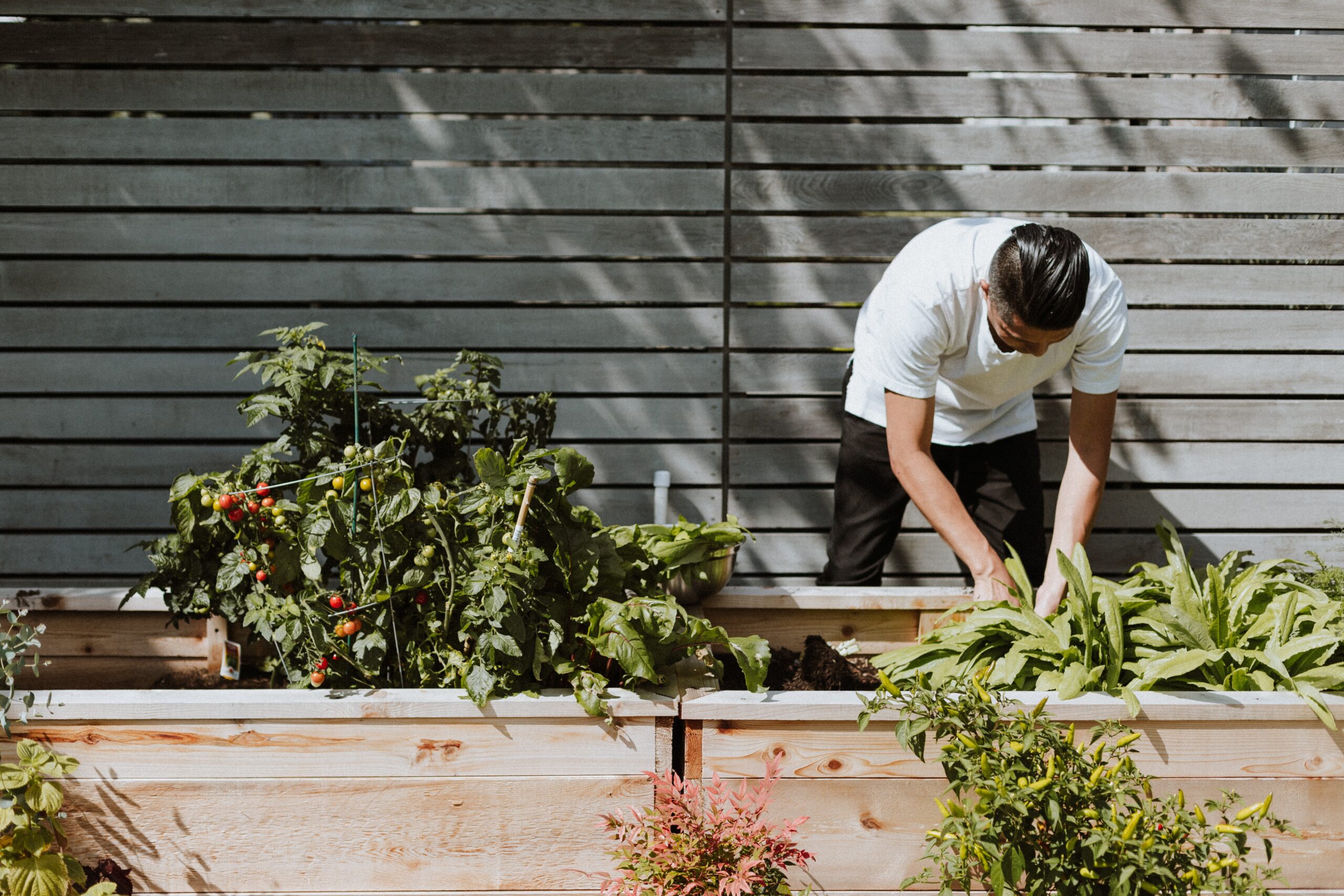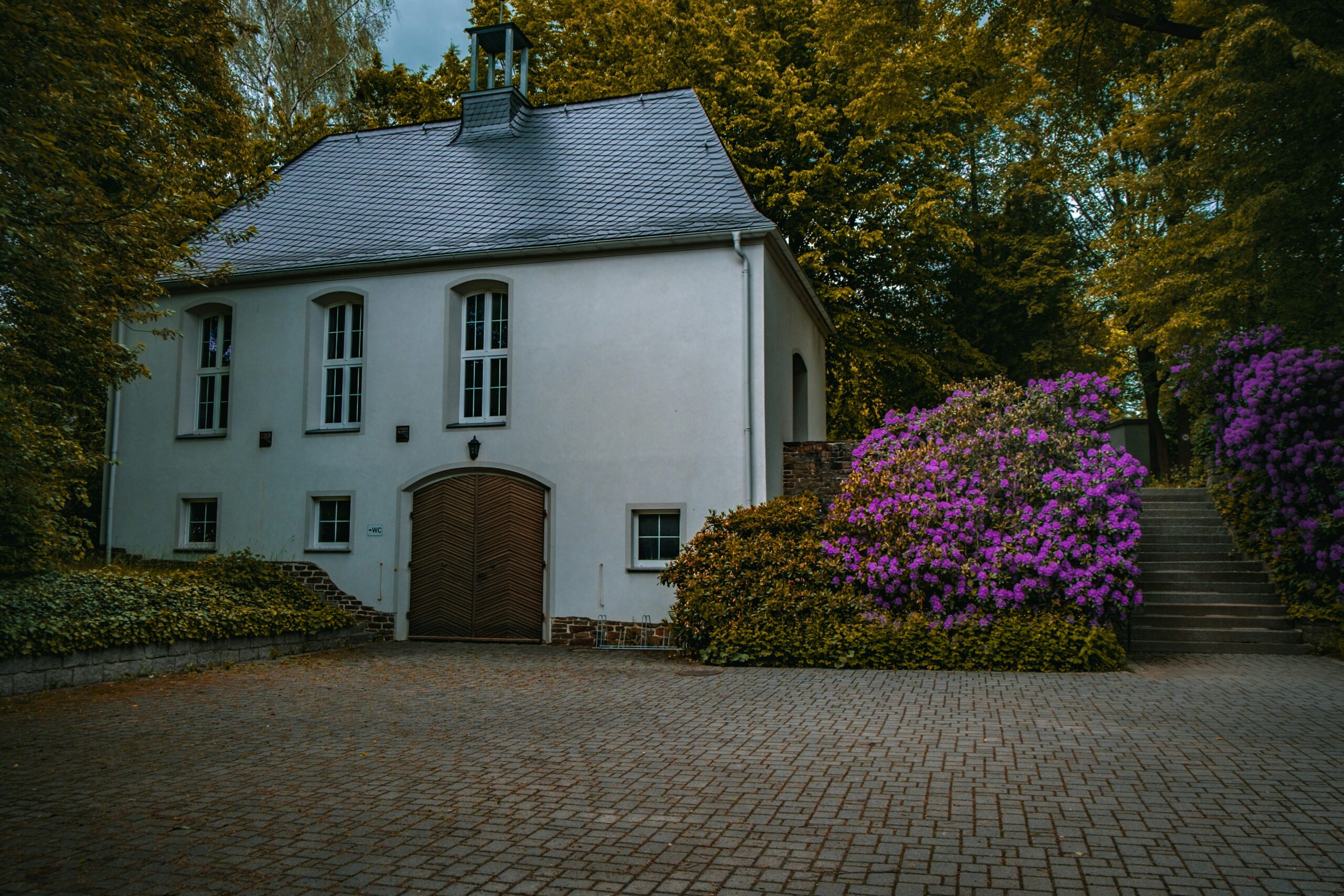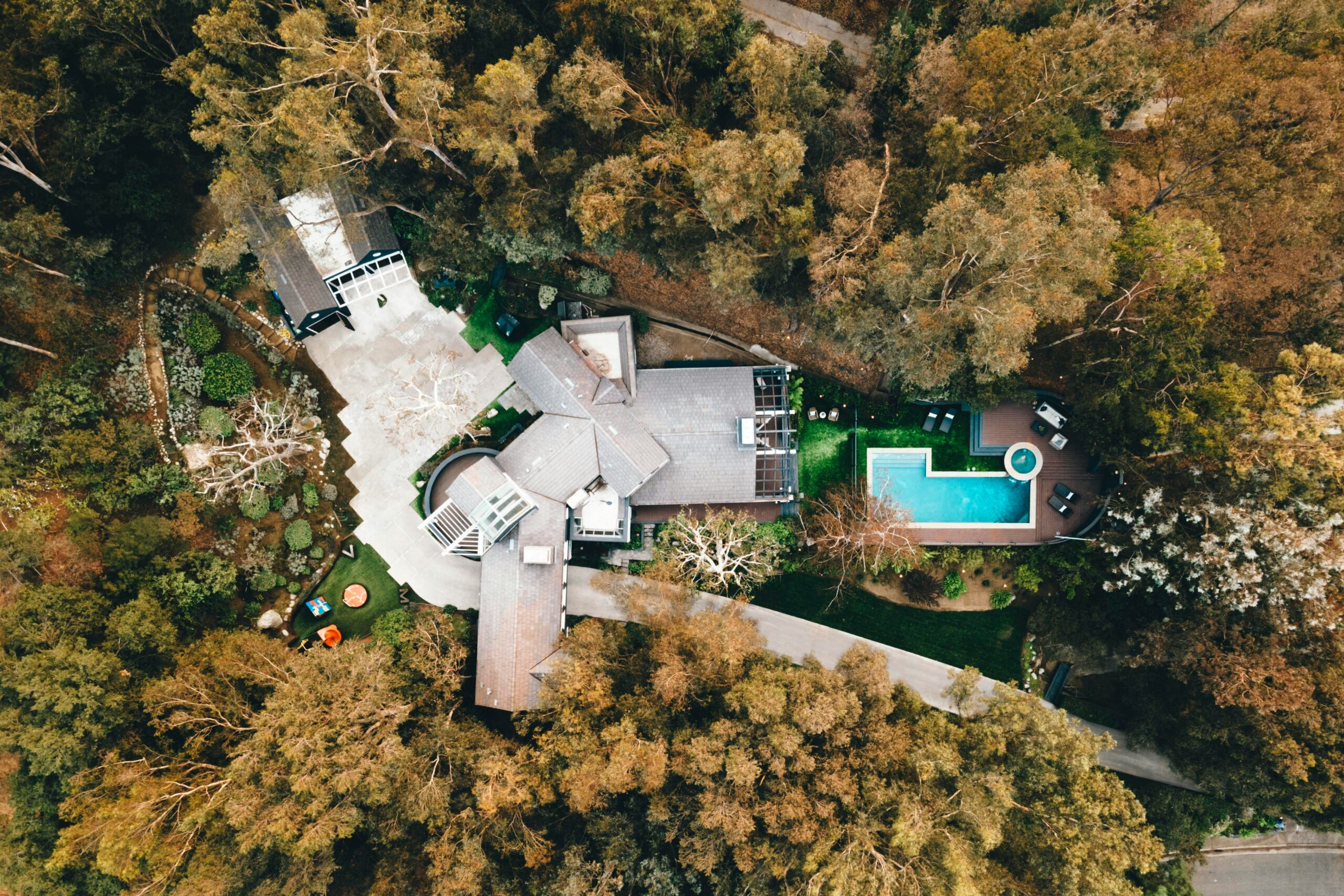Mulch is a versatile and valuable tool for homeowners looking to enhance the health and appearance of their lawns and gardens. But what exactly is mulch, and how can it benefit your outdoor spaces? In this article, we will explore the definition of mulch and its various types, as well as delve into the numerous advantages it offers. Whether you’re aiming to improve curb appeal, reduce maintenance, or promote the growth of your plants, understanding the role of mulch is essential.
What Is Mulch?
Mulch is a layer of material that is spread over the soil surface in gardens, lawns, and landscapes. It serves multiple purposes, including weed suppression, moisture retention, temperature regulation, and soil improvement. By covering the soil, mulch helps to create a protective barrier that benefits plants and enhances overall garden health.
What Are The Different Types Of Mulch?
There are several different types of mulch available, each with its own unique characteristics and benefits. Here are some common types of mulch:
Woodchips: Made from shredded bark or wood, wood chips are a popular choice for mulching. They provide good insulation, moisture retention, and weed suppression.
Straw: Straw mulch is an organic option that helps retain moisture and regulate soil temperature. It is commonly used in vegetable gardens and can be easily incorporated into the soil after decomposition.
Compost: Compost mulch is rich in nutrients and improves soil fertility. It helps retain moisture, suppress weeds, and promotes healthy plant growth.
Gravel: Inorganic mulch like gravel is long-lasting and provides excellent weed control. It allows for good drainage and is often used in xeriscaping or areas where water conservation is important.
Rubber Mulch: Made from recycled tires, rubber mulch is a durable and long-lasting option. It helps with weed suppression, moisture retention, and is often used in playgrounds or areas where safety is a concern.
Pine Straw: Pine straw mulch is derived from pine needles and is commonly used in landscaping. It helps retain moisture, regulate soil temperature, and adds an attractive aesthetic to garden beds.
Cocoa Hulls: Cocoa hull mulch is a byproduct of cocoa bean processing. It has a pleasant aroma, retains moisture well, and adds an attractive dark brown color to garden beds.
Newspaper or Cardboard: These materials can be used as a temporary mulch layer to suppress weeds. They are often covered with another type of mulch for aesthetic purposes.
Leaves: Fallen leaves can be collected and used as mulch in your garden. They provide insulation, help retain moisture, and gradually break down, enriching the soil with organic matter.
Crushed Seashells: Crushed seashells can be used as a unique and decorative mulch option. They provide good drainage, help retain moisture, and can deter certain pests like slugs and snails. Additionally, as they break down, crushed seashells release calcium into the soil, which can benefit plants that prefer alkaline conditions.
Bark Chips: Bark chips are a popular type of mulch that offers both functional and aesthetic benefits. They provide excellent weed suppression by blocking sunlight from reaching weed seeds, reducing the need for manual weeding. Bark chips also help retain moisture in the soil, preventing water evaporation and reducing the frequency of watering. Additionally, they act as an insulating layer, protecting plant roots from extreme temperatures.
Grass Clippings: Grass clippings can be used as mulch in your garden, providing several benefits. They help retain moisture in the soil, reducing the need for frequent watering. Grass clippings also act as a natural fertilizer, as they contain nitrogen and other nutrients that can enrich the soil as they break down. It’s important to use grass clippings in thin layers to prevent matting and allow for proper airflow. Avoid using grass clippings that have been treated with herbicides or pesticides.
What Are The Benefits of Mulching?
Reducing Maintenance
One of the significant advantages of using mulch is its ability to reduce maintenance tasks in your lawn and garden. By suppressing weeds, mulch minimizes the need for manual weeding or herbicide applications. It also helps to retain moisture in the soil, reducing the frequency of watering.
Promoting Plant Growth
Mulch plays a vital role in promoting healthy plant growth. By creating a favorable environment, mulch helps to nurture strong and healthy roots. It insulates the soil, protecting roots from extreme temperatures and fluctuations. As organic mulch breaks down, it enriches the soil with nutrients, providing a steady supply of food for plants. This nutrient-rich environment encourages robust growth and enhances the overall vitality of your lawn and garden.
Improving Soil Health
Mulching improves soil structure and fertility as it decomposes over time. It helps to create a favorable environment for beneficial soil organisms, such as earthworms, which enhance soil aeration and nutrient cycling. The organic matter in mulch also improves soil moisture retention and drainage, creating optimal conditions for plant roots to thrive.
Preventing Soil Erosion
Mulch acts as a shield to stop soil erosion from wind or heavy rain. It helps to hold the soil in place, reducing the risk of nutrient loss and runoff. By minimizing soil erosion, mulch helps to maintain the integrity of your garden beds and prevents the loss of valuable topsoil.
Regulating Soil Temperature
Mulch acts as an insulating layer, helping to regulate soil temperature. In hot weather, it keeps the soil cool by reducing evaporation and preventing overheating. In colder temperatures, mulch provides insulation, protecting plant roots from freezing and frost damage. This temperature regulation promotes optimal plant growth and reduces stress on plants.
Suppressing Weeds
One of the primary benefits of mulching is its ability to suppress weeds. Mulch acts as a physical barrier, preventing weed seeds from germinating and competing with your plants for nutrients and water. By reducing weed growth, mulch saves you time and effort spent on manual weeding, allowing your plants to thrive without the interference of unwanted vegetation.
Enhancing Curb Appeal
Mulch can significantly enhance the aesthetic appeal of your lawn and garden. With a variety of colors and textures available, you can choose mulch that complements the overall design and style of your outdoor space. A well-mulched garden bed or landscape creates a neat and polished appearance, enhancing the curb appeal of your property.
How Thick Should Mulch Be Applied?
When applying mulch, it is important to consider the appropriate thickness to maximize its benefits. Generally, a layer of mulch should be applied to a depth of 2 to 4 inches. This thickness provides adequate coverage to suppress weeds, retain moisture, and insulate the soil. However, it is crucial to avoid piling mulch directly against the stems or trunks of plants, as this can lead to excess moisture retention and potential rot. Instead, leave a small gap around the base of plants to allow for proper air circulation. By applying mulch at the recommended thickness, you can create a protective barrier that promotes healthy plant growth, conserves water, and reduces the need for frequent maintenance.
Conclusion
In conclusion, mulch is a valuable tool for homeowners looking to enhance the health and appearance of their lawns and gardens. By understanding the definition and purpose of mulch, exploring the different types available, and recognizing its numerous benefits, homeowners can make informed decisions about incorporating mulch into their landscaping practices. From suppressing weeds and reducing maintenance to promoting plant growth and improving soil health, mulch offers a range of advantages. By applying mulch at the appropriate thickness and considering the specific needs of their plants, homeowners can create a beautiful and thriving outdoor space that is both visually appealing and low-maintenance. So, whether you’re aiming to improve curb appeal, reduce maintenance, or promote the growth of your plants, mulch can be a game-changer in achieving your landscaping goals.
Final Thoughts
Terracare Landscaping is your go-to source for creating and maintaining stunning landscapes in New Jersey. With over 35 years of experience, our team of professionals has the expertise to bring your outdoor vision to life. Whether you’re in Wyckoff, Franklin Lakes, or anywhere in Bergen County, our commitment to excellence ensures that your outdoor sanctuary will be transformed into a breathtaking masterpiece. Contact us here to witness the remarkable makeover that awaits your outdoor haven.
Sources
1. https://hortnews.extension.iastate.edu/faq/can-newspapers-be-used-mulch-vegetable-garden
2. https://rubbermulch.com/blogs/rubbermulch/31581761-the-pros-and-cons-of-a-rubber-mulch-garden
3. https://extension.umn.edu/lawn-care/what-do-lawn-clippings




